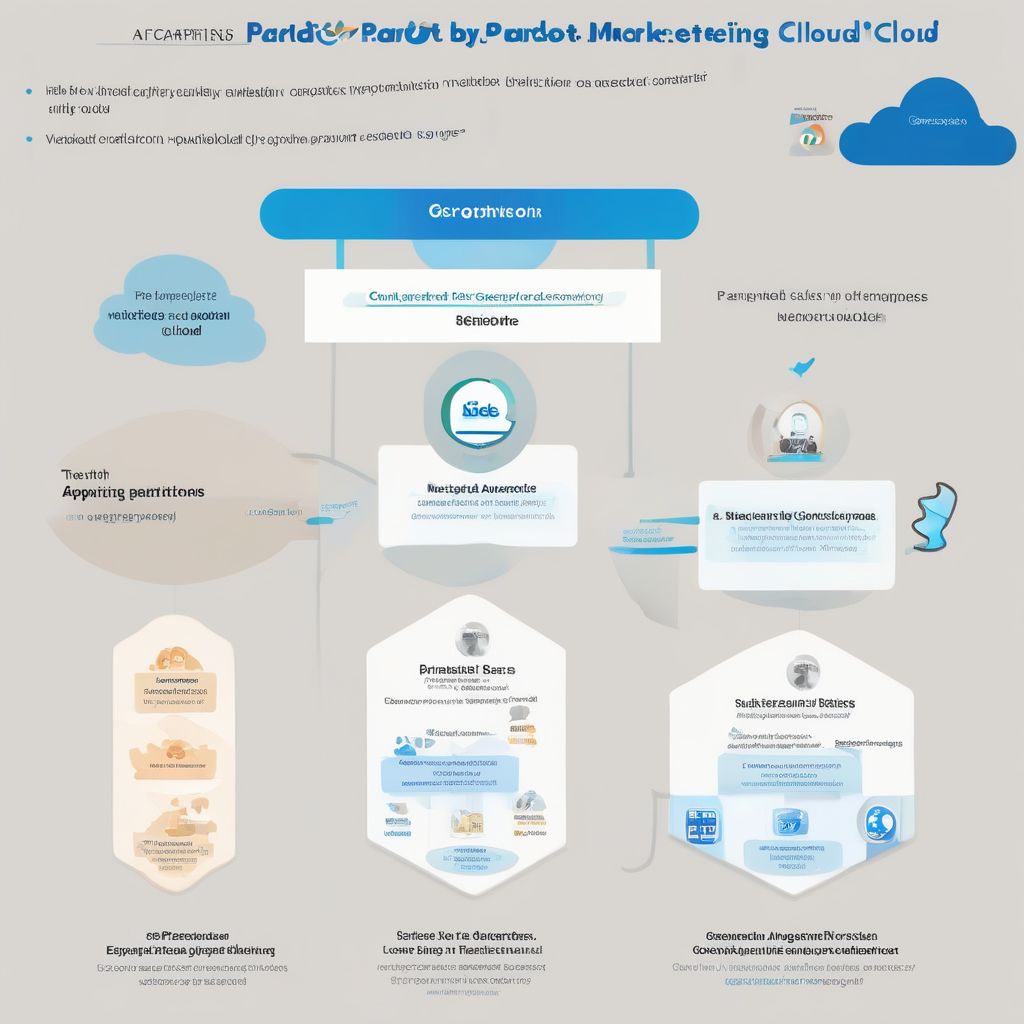In today’s digital age, effective marketing automation is no longer optional – it’s essential. As businesses navigate the complex world of lead nurturing, email campaigns, and customer engagement, having the right tools can make all the difference. This is where Salesforce, a global CRM giant, comes in with two powerful solutions: Pardot and Marketing Cloud.
Choosing between these platforms can be a tough decision. They both offer robust features, but cater to different needs and business sizes. This article will delve deep into the Pardot Vs Marketing Cloud debate, equipping you with the knowledge to make an informed decision for your unique marketing goals.
Understanding the Key Players
Before we compare, let’s define the core purpose of each platform:
Pardot, now officially known as Marketing Cloud Account Engagement, is a B2B marketing automation solution designed to align sales and marketing teams. It excels at lead generation, nurturing, scoring, and ROI reporting, streamlining the process of turning prospects into customers.
Marketing Cloud is a broader, more comprehensive marketing platform geared towards both B2B and B2C businesses. It encompasses a wider range of functionalities, including email marketing, social media engagement, mobile messaging, and journey building, allowing for sophisticated, multi-channel campaigns.
cloud.caingong.com/wp-content/uploads/2024/07/pardot-vs-marketing-cloud-66a07e.jpg" alt="Pardot vs Marketing Cloud" width="1024" height="1024">Pardot vs Marketing Cloud
Pardot Vs Marketing Cloud: A Head-to-Head Comparison
Ease of Use and Implementation
- Pardot is generally considered more user-friendly, especially for smaller teams or those new to marketing automation. Its interface is intuitive, and the setup process is relatively straightforward.
- Marketing Cloud, with its extensive capabilities, comes with a steeper learning curve. Implementation often requires dedicated Salesforce expertise or consultant support.
Features and Capabilities
- Pardot focuses on core B2B marketing automation features. It excels at:
- Lead capture and management
- Email marketing with automation
- Landing page and form creation
- Lead nurturing and scoring
- ROI tracking and reporting
- Marketing Cloud offers a broader spectrum of functionalities:
- Advanced email marketing (dynamic content, A/B testing)
- Journey Builder for personalized customer journeys
- Social media listening, engagement, and advertising
- Mobile messaging (SMS, push notifications)
- Data management and analytics across multiple channels
Integrations
- Both Pardot and Marketing Cloud seamlessly integrate with Salesforce CRM, providing a unified view of sales and marketing data.
- Pardot offers tighter integration with the Salesforce Sales Cloud, making it ideal for sales and marketing alignment.
- Marketing Cloud integrates with a wider range of third-party apps and tools, offering more flexibility for complex marketing stacks.
Pricing
- Pardot generally has a lower entry point and offers tiered pricing based on features and database size.
- Marketing Cloud is a more significant investment with custom pricing based on your chosen features, user base, and data volume.
When to Choose Pardot (Marketing Cloud Account Engagement)
- Your focus is primarily B2B marketing.
- You need a user-friendly platform with a shorter learning curve.
- Your priority is streamlining lead generation, nurturing, and qualification.
- You want tight integration with Salesforce Sales Cloud for sales and marketing alignment.
- You have a limited budget and need a cost-effective solution.
When to Choose Marketing Cloud
- You’re a B2C or B2B enterprise with complex marketing needs.
- You require a wide range of marketing capabilities beyond basic automation.
- You want to create sophisticated, multi-channel customer journeys.
- You need advanced data management and analytics features.
- You have the budget and resources for a comprehensive marketing solution.
Making the Right Choice for Your Business
The decision between Pardot and Marketing Cloud hinges on your specific business needs, goals, and resources. Consider these key questions:
- What are your primary marketing objectives?
- What is your budget and team size?
- What level of marketing sophistication do you require?
- How important is seamless integration with Salesforce Sales Cloud?
By carefully evaluating your requirements and comparing the strengths of each platform, you can make an informed decision that empowers your business to achieve its marketing goals.
We hope this in-depth analysis helps you navigate the Pardot vs Marketing Cloud decision. Have questions or want to share your own experiences? We’d love to hear from you in the comments below! Don’t forget to explore our website for more insightful articles on marketing automation and Salesforce solutions.
